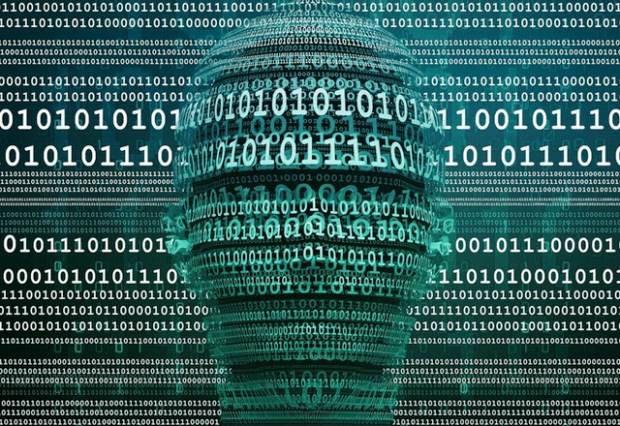A recent report from the UN Secretary General titled, “Roadmap for Digital Cooperation,” focused its spotlight on the emerging field of Digital Public Goods (DPGs). In its section on “Building an Inclusive Digital Economy and Society,” the report noted, “Digital public goods are essential in unlocking the full potential of digital technologies and data to attain the Sustainable Development Goals, in particular for low- and middle-income countries.”
DPGs are defined as, “open-source software, open data, open AI models, open standards, and open content that adhere to privacy and other applicable laws and best practices, do no harm by design, and help attain the Sustainable Development Goals (SDGs).” For the purpose of this paper, we will focus on DPGs as open source software, since this is a defining characteristic currently driving much of the interest in and deployment of DPGs.
The use of DPGs for building national Digital Public Infrastructure (DPI) for delivering citizen services is taking off. For example, the Modular Open Source Identity Project (MOSIP) hosted at the Indian Institute of Information Technology, Bangalore (IIITB) is being used to provide Digital IDs in Philippines, Togo and Morocco, and being piloted in Guinea, Ethiopia, Sri Lanka and Sierra Leone. Discussions with multilateral agencies and funders indicate that over 40 countries are in various stages of evaluating and implementing DPI.
While DPIs can be implemented using DPG or proprietary software, for the purpose of this paper, we will focus on DPGs because they have the potential to enable funders and developers to build once but deploy many times, owing to the highly replicable nature of software programs released under open source licenses. DPGs are also increasingly attractive to policymakers seeking mechanisms to establish some level of digital sovereignty. As multilateral agencies and funders converge on these opportunities, added attention must be paid to the sustainability of DPGs. Of course, sustainability models have relevance for DPGs broadly, but this issue is of critical importance when DPGs are deployed as an input into foundational digital infrastructure (e.g. identity, payments, and data exchange)
The lifecycle of Digital Public Goods consist broadly of four stages — Create, Deploy, Sustain and Evolve. Current funding models for DPGs focus primarily on the first two stages. This paper applies the lens of an open source practitioner to look at funding models that support all four stages, and is aimed at DPG funders and developers.




